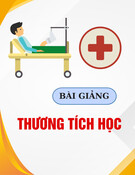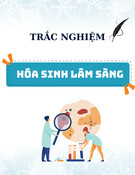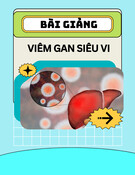
Depression: A Primary
Care Approach
Gerald W. Smetana, M.D.
Division of General Medicine
Beth Israel Deaconess Medical Center
Associate Professor of Medicine
Harvard Medical School

Key Questions
•Does screening for
depression work?
•How long to treat?
•Are newer
antidepressants more
effective than SSRIs?
•How do side effect
profiles differ between
drugs?
•Which is better:
switching or augmenting?

Epidemiology of Depression
•Twice as common in women as in men
•2-3 fold increase in risk if family history
in parent or sibling
•2-5% incidence of suicide among
depressed patients
•3-fold increase in number of sick days
from work
•Leading cause of disability among people
aged 18-44 years
CMAJ 2002;167:1253

Question #1
•Does screening for depression work?
•How do I follow up on a positive
screening survey?

Does Screening for Depression Work?
•US Preventive Health Services Task Force
•December 2009 Update
•Recommends screening for depression (Grade B
recommendation - fair evidence) when
resources for Rx and follow up are available
•Good evidence that screening improves the
accurate identification of depression in primary
care settings and
•Treatment in the primary care setting
decreases clinical morbidity
Ann Intern Med 2009;151:784


























